

(Pumpkin courtesy of /film.)
Onyx, Cake Man - you can stop drooling now.




The movie business may not be as recession proof as some industry executives have suggested, the Los Angeles Times observed today (Wednesday), citing a recent study by Forrester Research. According to the study, consumers now have numerous cheaper alternatives to a night at the movies -- particularly the Internet. It found that most adults 25-34 are most willing to sacrifice moviegoing during a recession but they are least willing to give up Internet access. They are also bypassing Netflix and brick-and-mortar DVD rental stores and picking up DVDs instead at supermarket kiosks that are renting them for $1.00 a pop. The study, however, was dismissed by John Fithian, CEO of the National Association of Theater Owners, who told the Times": "It's not that the cinema business is completely immune to recessions, but the industry appears to be recession-resistant. If there are decent movies, people are going to come out."
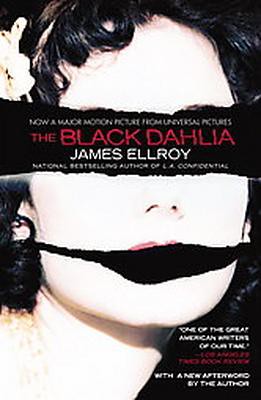
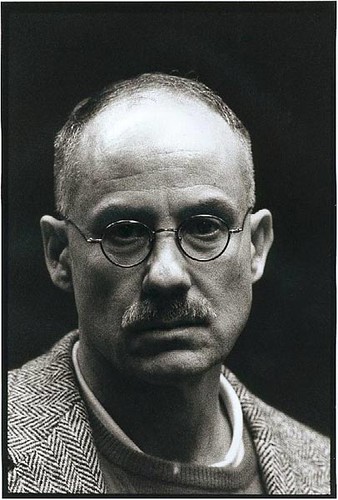
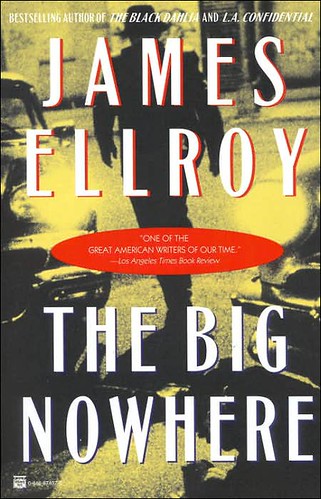
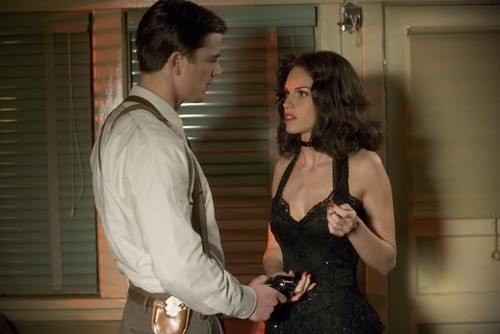

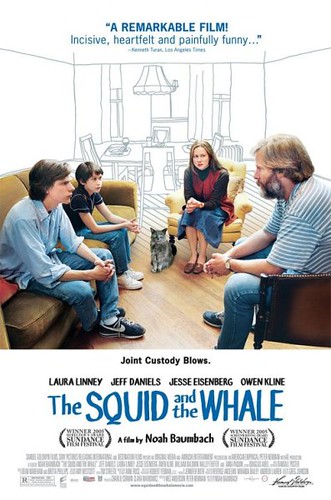

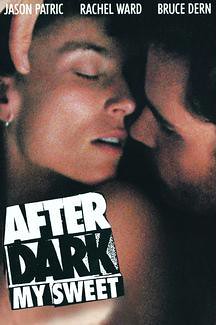
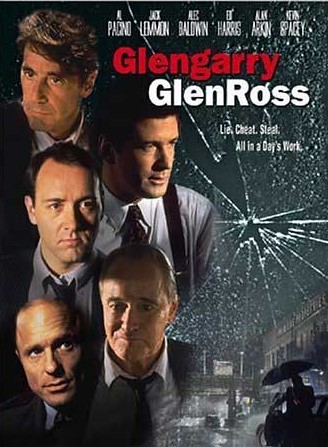

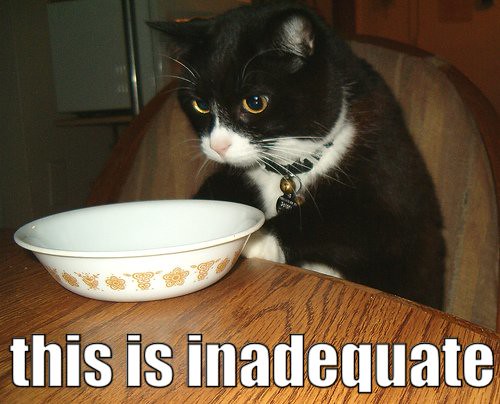

October 27 07:00PM - 08:30PM
A how-to book from the director of "Eternal Sunshine of the Spotless Mind!" This paperback by Michel Gondry was inspired by his latest film, "Be Kind Rewind." The book discusses the ideas behind Gondry's "Cinema Club." Edited and art directed by Gondry himself, this book is as unique, funny and fanciful as his films.

Moore, who started his career as a stand-up comedian in the late 1960s, heard around that time a rhymed toast by a local homeless man about an urban hero named Dolemite, and decided to adopt the persona of Dolemite as an alter-ego in his act. He included the character on his 1970 debut album, Eat Out More Often, which reached the top 25 on the Billboard charts. He released several more comedy albums using this persona. In 1975, Moore decided to create a film about Dolemite, using many of his friends and fellow comedians as cast and crew.


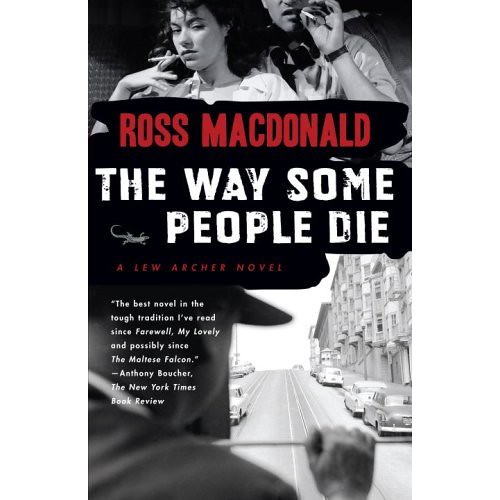








AVC: You don't seem like the sort of writer who has a set of note cards and knows what's going to happen in every scene, but your movies are very intricately constructed. How do you pull that off?
CK: I take a very long time to write them. By doing that, I can allow myself to be expansive. As ideas come in, I can include them and then go back and figure out how to introduce them. So it's an ongoing process of back and forth and back and forth until I have a script. In this case, that took two years. So by the end, I'm pretty clear on it. I don't need cards to know where things are, and I start to understand relationships not only between people, but between parts of the movie, in new ways, and that's exciting for me. It keeps me excited about the process, and it allows for a certain amount of complexity in the construction. You know, it's weird: If you set up something early on as a structure or a goal, then that's what you write toward, and there's no opportunity to allow other stuff in. So you end up saying, "I can't do this, because this movie goes here." That doesn't interest me, and it doesn't feel exciting to work that way. So I don't.


In 1972, a plane filled with cheerful, well-to-do young men, leaving Uruguay for a rugby game in Chile, crashed in a remote part of the Andes. STRANDED recreates the extraordinary experience of the 29 who initially survived the crash, followed by two months of cold, hunger and despair. Now, decades later, the men who found their way out of this frozen hell tell their story to documentarian (and childhood friend) Gonzalo Arijon in a film that eschews both sensationalism and sentimentality. These events were the subject of the 1973 worldwide best-seller, Alive, as well as a feature film, but STRANDED is the definitive, haunting version of this profoundly moving drama. Winner of the Grand Prize at the International Documentary Film Festival Amsterdam (IDFA).
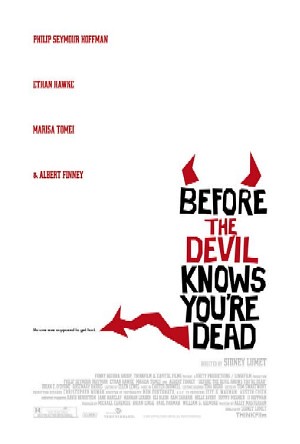
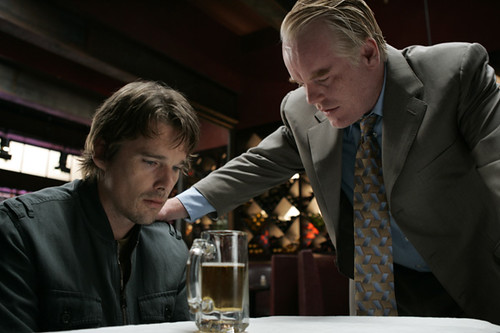


Set in a near-future, militarized world marked by closed borders, virtual labor and a global digital network that joins minds and experiences, three strangers risk their lives to connect with each other and break the barriers of technology.



